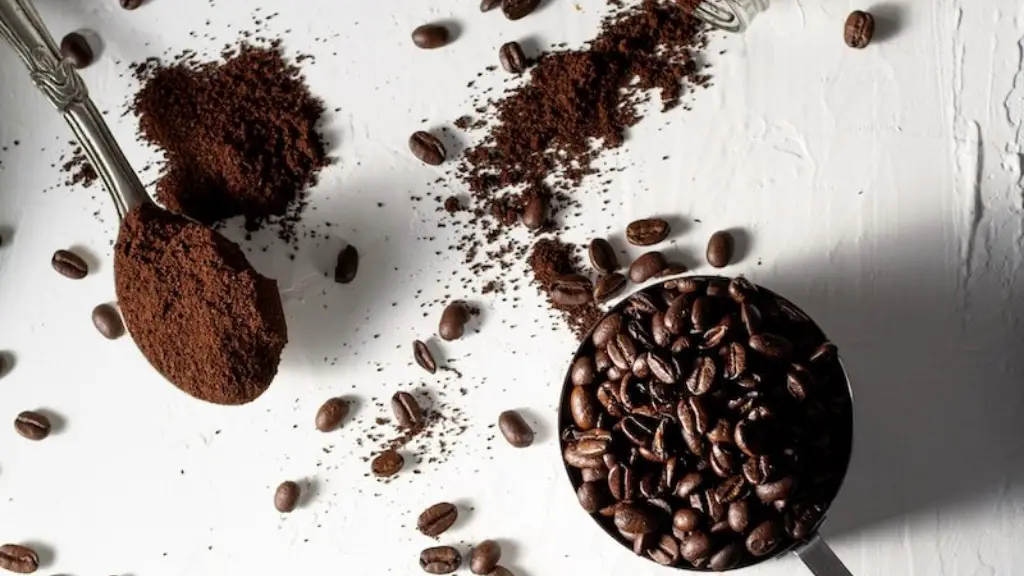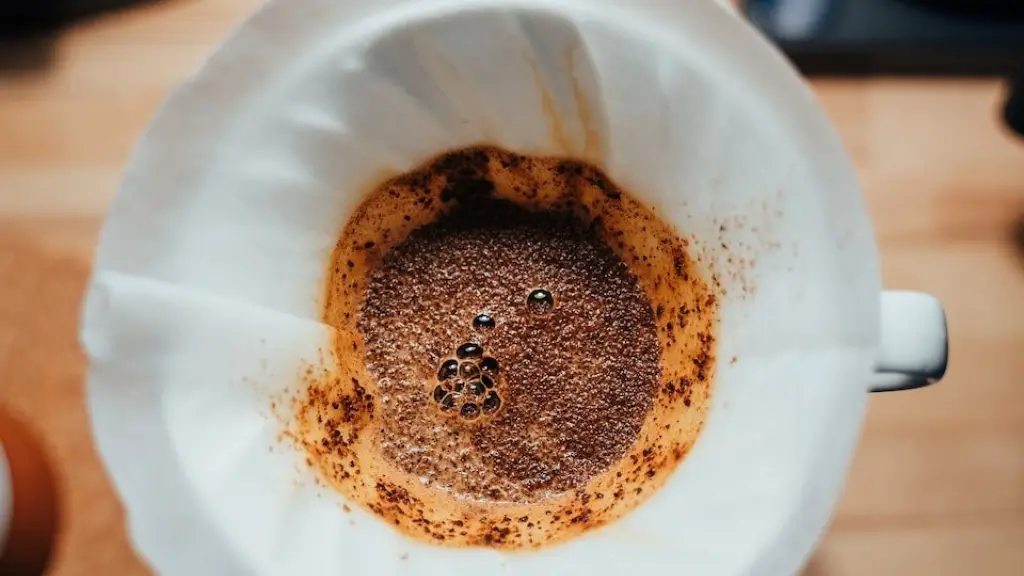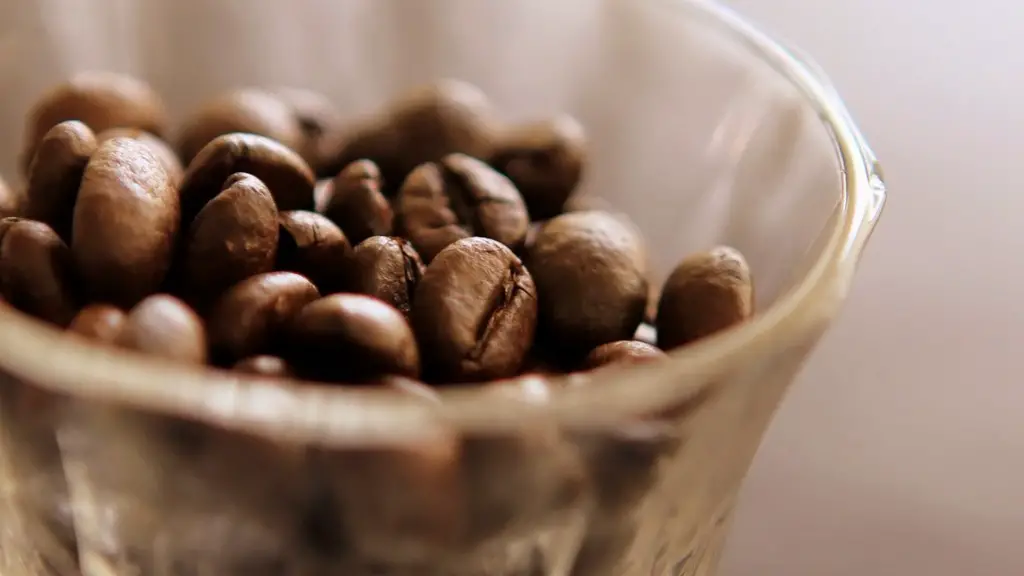Caffeine Intake in 10 Year Old
Decaf coffee is a popular beverage among adults, but it may not suitable for 10 year-olds. Caffeine is naturally found in coffee, which contains over 100 mg of caffeine per cup, and decaf coffee still contains some caffeine. The American Academy of Pediatrics recommends that adolescents should not consume more than 100 mg of caffeine per day.
For a 10 year old, it is important to take into account what their body can handle. Caffeine has been known to affect a child’s central nervous system in the same way it affects an adult’s, but since the systems are still developing, there is a chance of side-effects that may be greater than in adults. When an adolescent is consuming too much caffeine, they can experience headaches, irritability, insomnia, anxiety and in some cases, even heart palpitations.
Studies have found that participants who consumed caffeine-rich beverages before the age of 10 had increased heart rate and blood pressure compared to participants of the same age who had not consumed such drinks. Those with the highest consumption were observed to have irregular heart rates. This reinforces the fact that the consumption of caffeine can influence a child’s developing cardiovascular system.
Most health experts do not recommend the consumption of caffeine by children in any form, including decaffeinated coffee. However, some parents allow it in moderation in order to help children experience the flavor. In this case, the amount consumed should be taken into account, depending on the child’s tolerance for caffeine.
No matter the form of caffeine, parents should communicate with their children about the risks associated with it and the effects that it can have on their physical and mental health. Incorporating healthier alternatives, such as herbal teas or low calorie filtered water with flavored syrups is encouraged.
The Role of Parents
Parents play an integral role when it comes to talking to their children about the consumption of decaffeinated coffee. They need to be aware of the amount of caffeine their children are taking in, as some products can contain high levels even though they’re labelled as being decaffeinated. Reading labels carefully can help prevent children from taking in more than they should.
Parents must be mindful of their own habits, too. It is not uncommon for adults to be unaware of the amount of caffeine they are consuming or the kinds of beverages their children are drinking. Many adults take in a high amount of caffeine without realizing it and this often leads to them unknowingly passing on this behaviour to their children.
It is important for parents to be a positive role model for their children and to help them understand the importance of healthy habits from a young age. Parents should be open to talking about the effects of caffeine and to help their children make informed decisions when it comes to the beverages they choose to consume.
It is helpful for parents to try and create an environment that encourages healthier beverage choices for their children. Keeping caffeine out of reach and stocking the fridge with drinks with fewer calories and no added sugars is one way to ensure that their children are getting the best nutrition possible.
Understanding Tolerance Levels
Different people have different tolerances for caffeine. It all depends on age, size, weight and lifestyle. It is important to remember that everyone’s body chemistry is different and caffeine can have different effects on each individual. Higher doses may cause more stimulatory effects while lower doses may not affect an individual in the same way.
It is recommended to start off slow when introducing children to decaffeinated coffee and to increase the doses gradually. This way, the individual can get a better understanding of their body’s tolerance for caffeine with minimal side-effects. Regular visits to a doctor can help monitor the effects of caffeine.
The Pros and Cons of Decaf Coffee
Decaf coffee has its pros and cons when it comes to 10 year olds. On one hand, it acts as a stimulant and can provide the same benefits as caffeinated coffee, such as increased alertness and improved concentration. On the other hand, there can be health risks associated with drinking too much decaf coffee, such as headaches, upset stomach, and insomnia.
Decaf coffee also offers some unique benefits. For example, it contains less acidity which may make it easier on the stomach and it also has fewer calories than regular coffee. However, some health experts argue that while these benefits may be present, they likely don’t outweigh the risks associated with consuming caffeine.
Health Alternatives
For 10 year olds, alternatives to decaf coffee are the best option. Herbal teas, some of which don’t contain any caffeine, can be a great replacement for coffee. Studies have shown these to have various health benefits, such as helping to reduce inflammation, boosting immunity and improving digestion.
Fruit juices and smoothies are other options for children to try. These drinks can help provide them with essential nutrients and can be quite tasty. Adding a bit of honey or maple syrup can boost the flavour and make these beverages more enjoyable for children.
Educating Children
It’s important to educate children about the dangers of caffeine consumption at a young age. Teaching them about the potential health consequences and how to make healthier beverage choices can go a long way in helping them form lifelong habits. Parents can encourage their children to strive for balance in their diet and to understand the reasons why some drinks are best avoided.
It is also important for parents to be aware of the beverages their children are drinking. For example, some energy drinks can have up to 80mg of caffeine per can, which can be very dangerous for a 10 year-old. Knowing the difference between natural protein- and fiber-rich drinks and beverages that are filled with unnecessary sugars and chemicals can help mitigate potential health risks.
Health Implications
When considering 10 year olds and decaf coffee, the health implications need to be looked at. Children’s bodies are still developing, so the effects of caffeine on their bodies may be more detrimental than what a fully grown adult would experience. It is best to limit consumption, if any, depending on the child’s tolerance levels.
It is also important to understand the potential long-term effects of consuming caffeine. While the effects on the body may not be instantaneous in children, they can be cumulative and can cause health issues down the line. It is recommended to consult with a doctor if any health concerns are present.
Medications and Supplements
Children should not take any medications or supplements that contain caffeine without consulting a doctor first. Active ingredients, such as guarana, yerba mate and ephedrine, are found in some supplements and can interact with caffeine, so it is important to consult a physician before taking any such supplements. Additionally, parents need to keep an eye out for energy drinks, sodas and sports drinks with caffeine, as some can contain large amounts.
It is important to remember that when it comes to caffeine, moderation is key. Too much caffeine can overwork the body and can lead to adverse effects. For 10 year olds, it is best to keep caffeine consumption low and lean towards healthy alternatives such as herbal teas, filtered water and natural juices.





